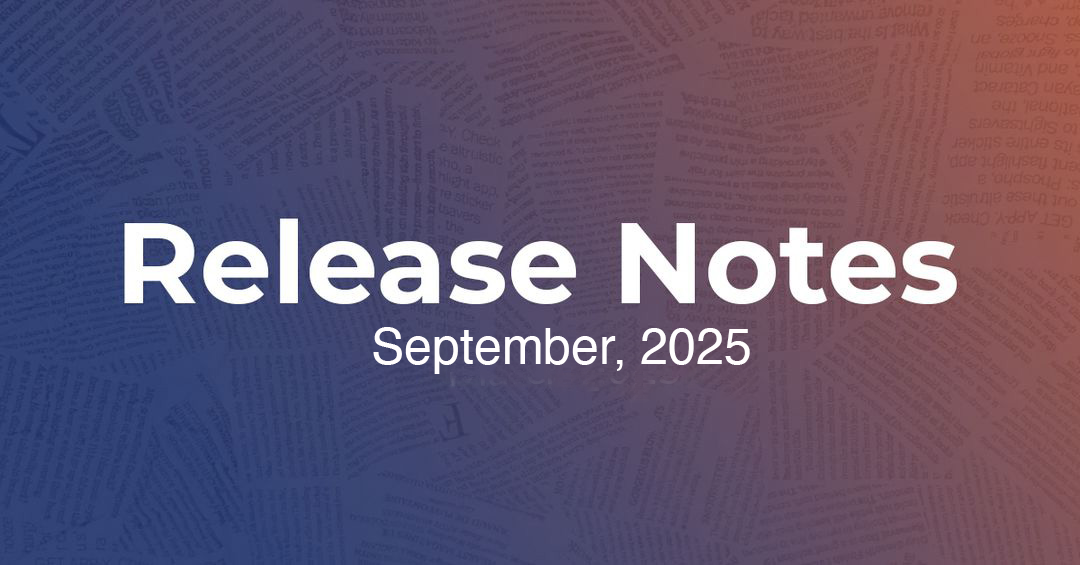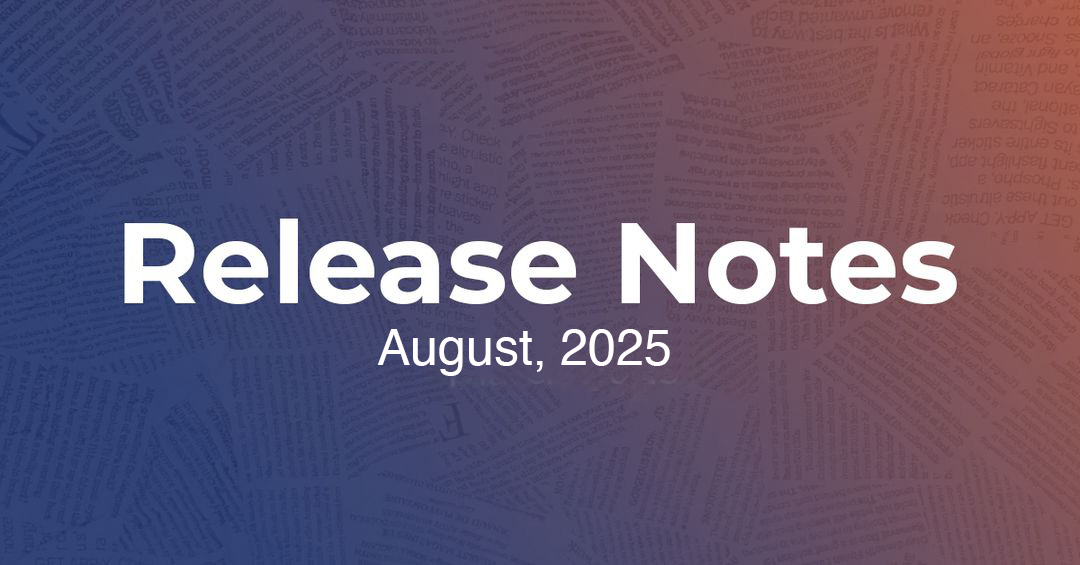Managing curriculum data is a major focus in medical education and Oakland University William Beaumont School of Medicine (OUWB) is at the forefront of leveraging artificial intelligence (AI) to revolutionize this process. Robin Rivest, Assistant Dean for Medical Education, and Noah Pollock, Director of Curriculum Data Management, are leading efforts to ensure data integrity and explore cutting-edge AI solutions, pinpointing intersections ripe for innovation.
Rivest and Pollock have pioneered the school's use of AI implementation to simplify the complex task of curriculum mapping - aligning course objectives, learning outcomes, and assessment data across the medical program. Their use of AI tools has streamlined this traditionally tedious process.
"It's all about managing the curriculum data, which covers course and assessment grades, schedules, enrollments, learning objectives, and program outcomes," explains Pollock. "Balancing data security with accessibility for those who need it is crucial."
Even for a relatively small institution, Pollock emphasizes that dedicated data management becomes essential as soon as students are enrolled. The amount of interlinked data grows exponentially, even with a few hundred students. Specialized skills are required to transform this raw information into actionable insights to guide decisions.
Rivest notes that OUWB’s founding leaders had the foresight to prioritize curriculum data integrity from the start. Although Pollock's lengthy job title initially raised eyebrows, the role's importance quickly became apparent in maintaining data quality to support accreditation and strategic planning.
"We established criteria for what constitutes a true 'keyword' that should be tracked, rather than allowing uncontrolled proliferation," Rivest explains regarding their AI initiatives. "You have to provide guide rails, but then leverage AI to augment human efforts."
AI should assist faculty and boost capabilities, not replace human expertise entirely

Beyond mapping, Rivest and Pollock are exploring AI's potential for insights like identifying curriculum gaps, standardizing terminology, and extracting themes. However, they emphasize a balanced approach.
"AI should assist faculty and boost capabilities, not replace human expertise entirely" says Pollock. "We must mitigate threats of eroding critical cognitive skills by making processes more efficient without making them too easy."
As data grows increasingly vital across medical education, OUWB’s innovative curriculum data management approach - coupling emerging AI capabilities with prudent human oversight - is paving the way for institutions to harness technology while maintaining essential human elements of teaching and learning
Learn more about:

.svg)







